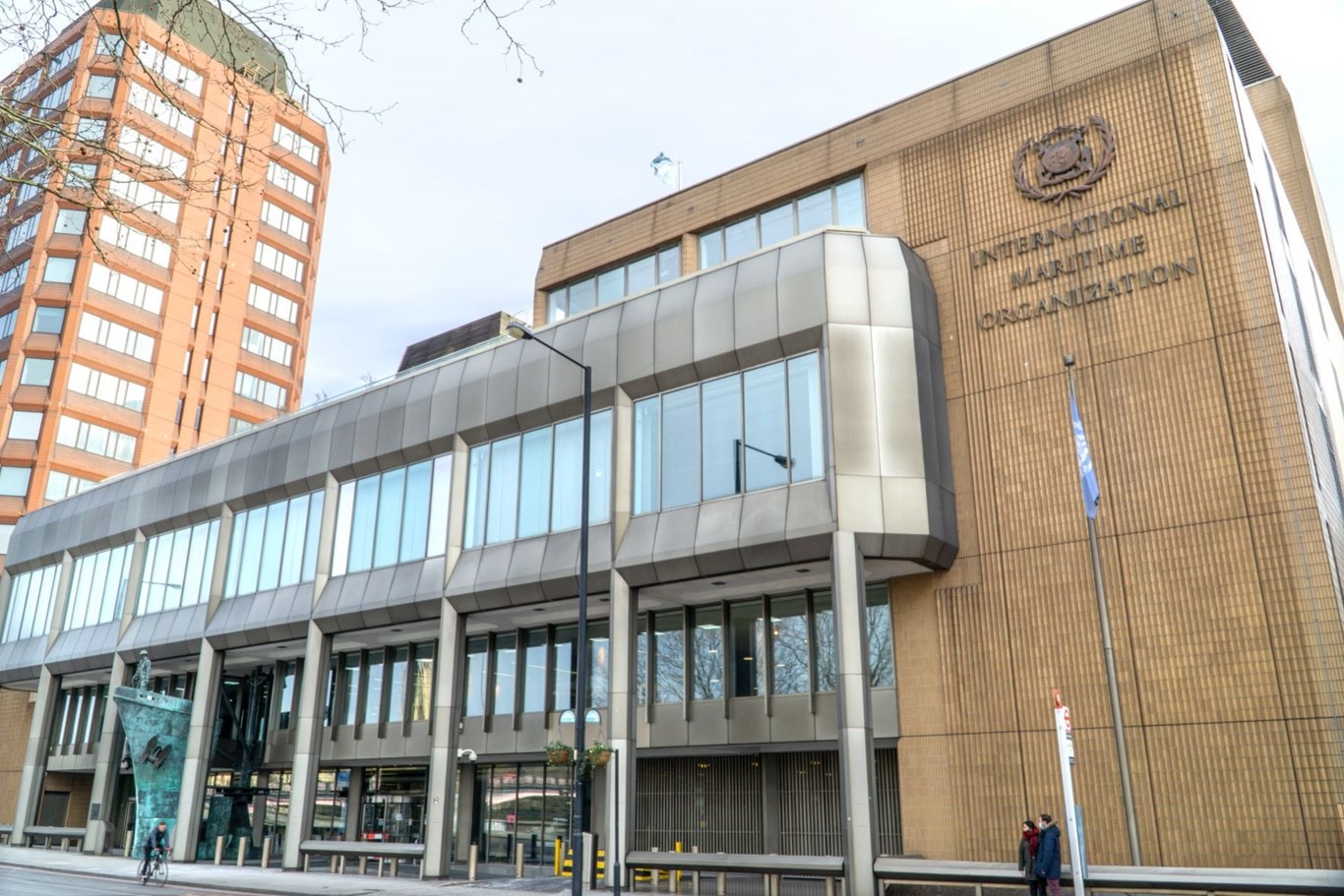Maritime Regulations Becoming Mandatory In 2023
The key regulations that have been highlighted for 2023 are for targeting the ship's efficiency and carbon emissions.
These regulations aim to reduce the carbon emissions for existing and new ships, using energy efficiency indicators to determine these levels. The measures consist of the following:
- The Energy Efficiency Existing Ship Index (EEXI)
- The Carbon Intensity Indicator (CII) rating scheme
These mandatory regulations will be effective by 1st January 2023.
Below is a brief overview of the two main IMO 2023 regulations coming into force this January:

Energy Efficiency Existing Ship Index (EEXI)
The Energy Efficiency Design Index (EEDI) is already in place for new builds. However, the EEXI is aimed at existing ships. EEXI consists of a rating system that analyses the energy performance of existing ships based on data regarding their energy consumption and other key inputs such as power, engine size, and speed.
The EEXI is not based on its actual operating performance but on its specifications. Vessels receiving an EEXI below the minimum standard may be penalised and restricted. This could also result in the need to modify systems or engines.
Carbon Intensity Indicator (CII) Rating Scheme
The shipping carbon intensity indicator is a scheme used to monitor and rank the efficiency of ships and applies to all cargo, RoPax and cruise ships above 5,000 GT. It is calculated through a ratio that links the Greenhouse Gas (GHG) emissions to the distance travelled to the amount of cargo carried. Vessels are given an annual rating ranging from A to E, A meaning good to E, which is poor. If a vessel receives a D grade for three consecutive years or an E for one year, they need to implement a corrective action plan.
Apart from regulations on carbon emissions, other significant safety and environmental regulation requirements that the IMO will be implementing are as follow:
AFS (Anti-Fouling Systems) Convention
The amendments in place mean that AFS containing cybutryne shall not be applied on reapplied to any ship on or after 1st January 2023. Ships whose hulls have an AFS that contains cybutryne in the external layer or external parts or surfaces need to do the following:
Either remove the anti-fouling system or apply a coating that forms a barrier to their substance leaching from the underlying non-compliant AFS.
2011 ESP (Enhanced Survey Programme) Code
The amendment was to evaluate the actual wastage while undertaking thickness measurements during the first renewal survey of the areas identified in annexe B, part A and annexe 2 of the code. This amendment applies to double-hull oil tankers, and these thickness measurements will only need to be taken off 'suspect areas' at their first renewal survey. This will be applicable from 1st January 2023.
STCW (International Convention on Standards of Training, Certification and Watchkeeping of Seafarers) Convention
STCW Convention 1978
The amendment concerns the references to "high-voltage". Its new definition means an alternating current (AC) or direct current (DC) voltage in excess of 1,000 volts. Wherever in the STCW Convention, there is a minimum standard of competence using the terminology "high-voltage", the new definition will apply. This will be applicable from the 1st January 2023.
Part A of the STCW Code
New requirements for the certification of electro-technical officers (ETO) will be added to the convention. The standards of competence for ETOs are provided at the operations level; however, the definition of the term operational level did not include ETOs. This has been amended and now clarifies their responsibilities at the operational level. This will be applicable from the 1st January 2023.
IMSBC (International Maritime Solid Bulk Cargoes) Code
The IMSBC Code is regularly reviewed, and amendments have been made to 06-21. The key issues which have been made (which are not limited to) are regarding new individual schedules for lead concentrate and Leach Residue Containing Lead, draft schedules for nitrogen-phosphorus fertiliser with sulphur and micronutrients and a revised definition of Group A cargoes. Full details on the changes can be viewed in MSC. 500 (105). The implementation is voluntary from 1st January 2023; however, from 1st December 2023 it will be mandatory.
